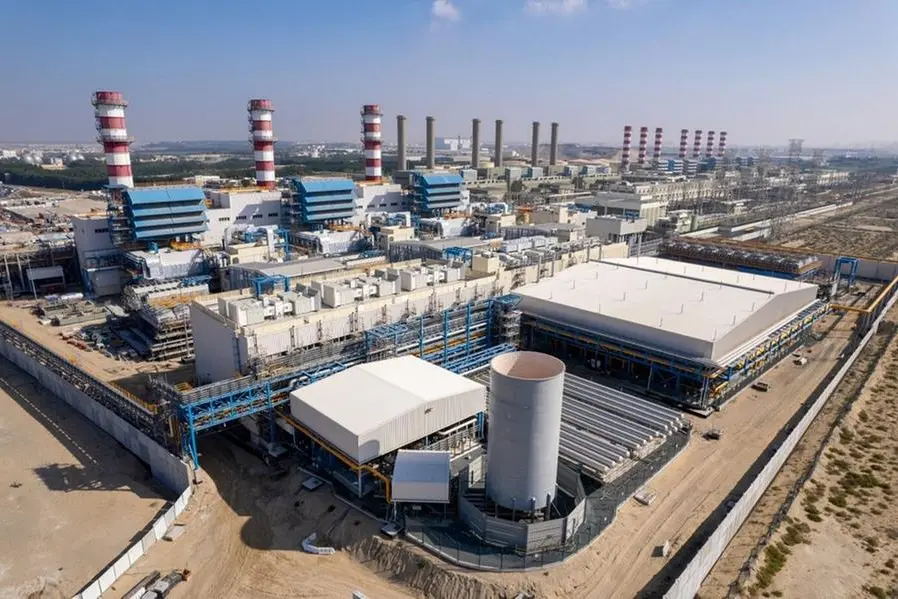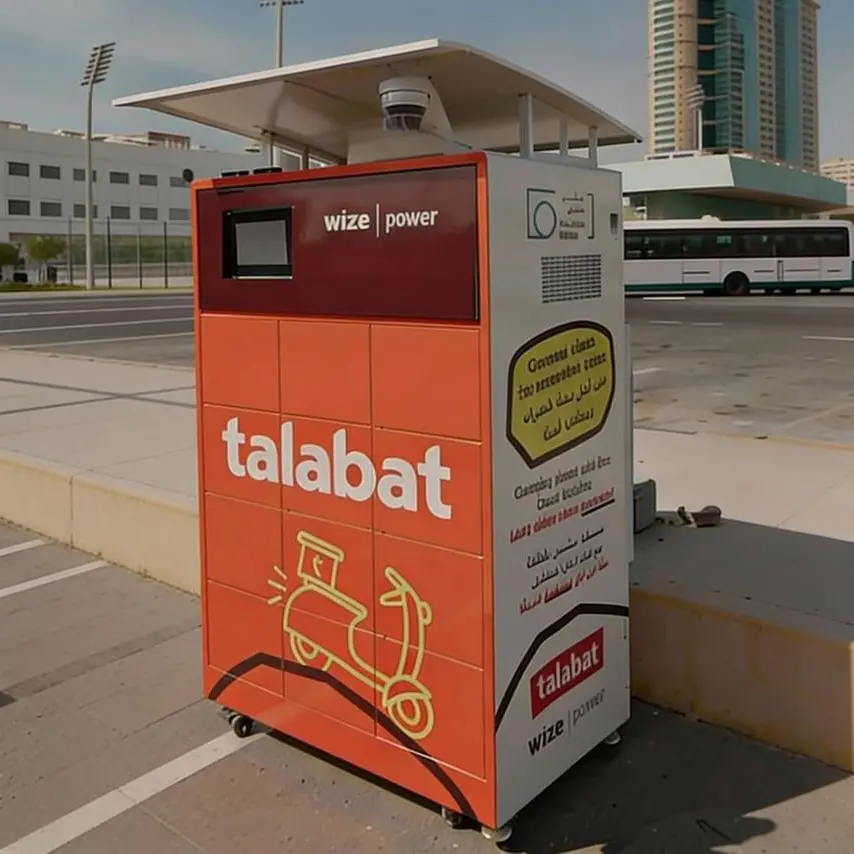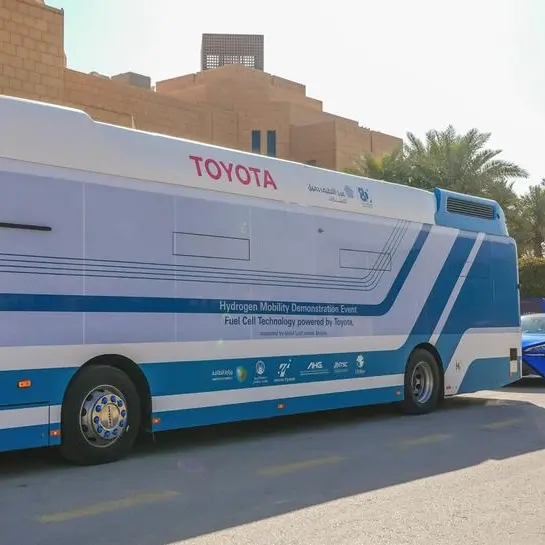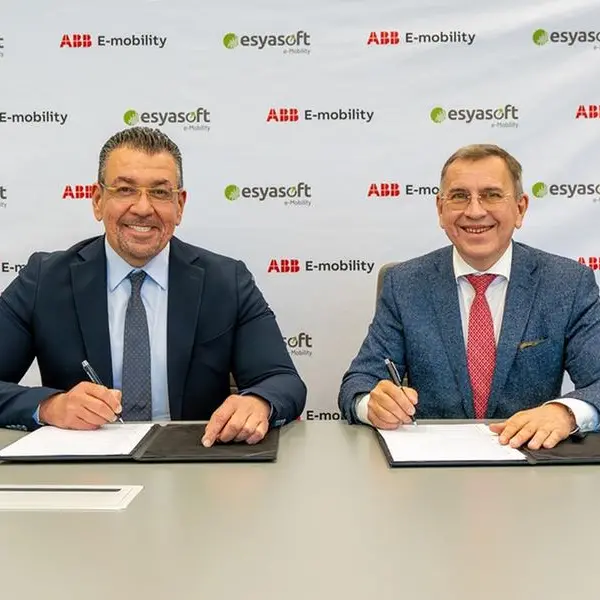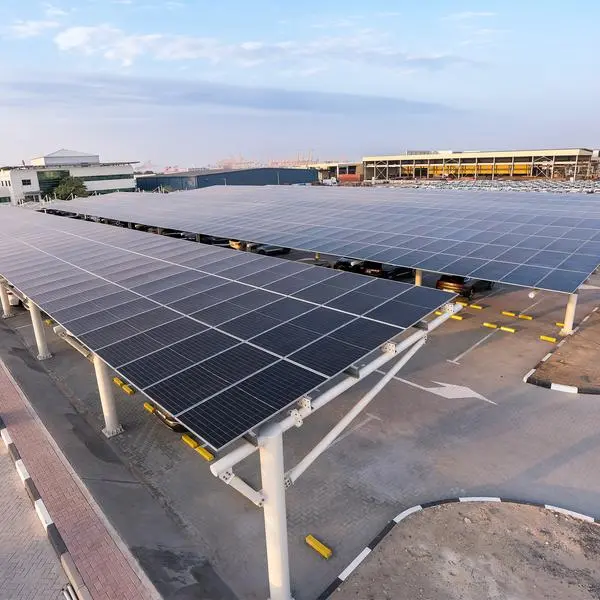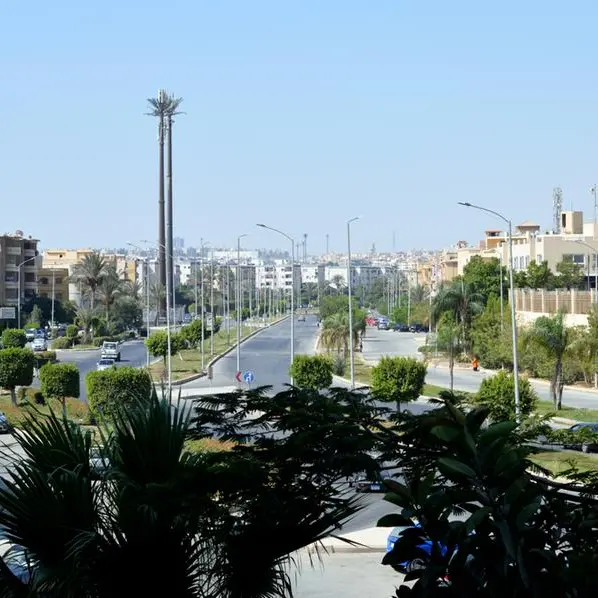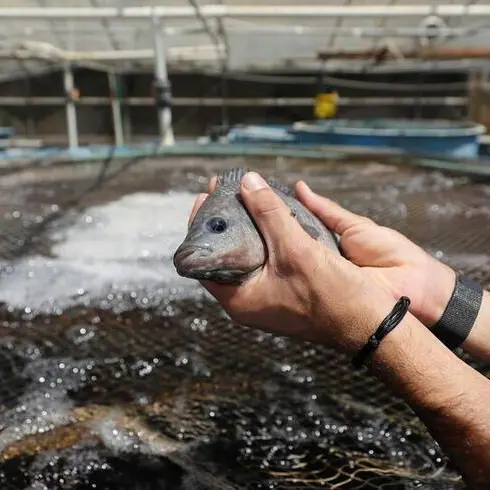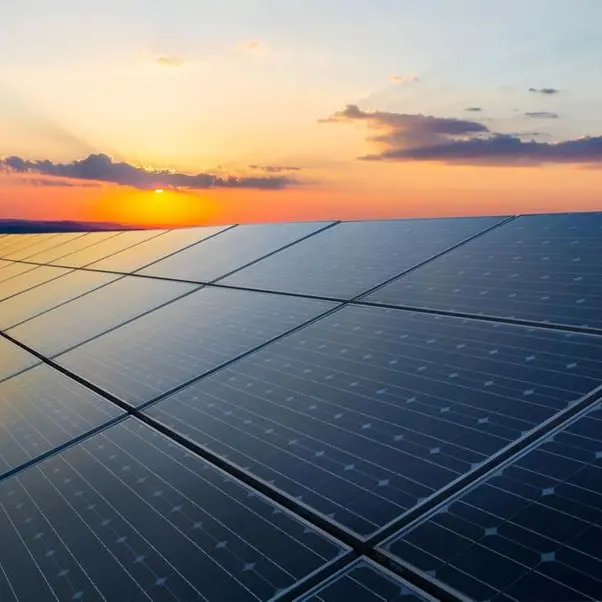PHOTO
Water, the foundation of our society, is a fundamental life force. It drives global health, food security and economic stability. Covering over 70% of our planet, it is abundant — yet only a small fraction is freshwater and even less is accessible for human use.
Throughout history, civilisations facing water scarcity have sought ways to make the ocean drinkable. Ancient Greek sailors boiled seawater, while Middle Eastern civilisations used early distillation methods from thermal distillations’ process of boiling seawater and condensing the steam into freshwater. From the first patent of desalination in 1675 to the first desalination for ships built in England in 1884 and then the island of Aruba pioneering a desalination plant addressing the island’s lack of freshwater sources — today, modern desalination technologies — the initial thermal, the newer reverse osmosis and even modern solar-powered systems, are transforming how we secure freshwater in arid regions, shaping the future of global water resilience.
This is essential on a global scale; the International Energy Agency (IEA) reports about a quarter of the global population lack access to safe drinking water and nearly two-thirds experience severe water scarcity for at least one month each year. The impacts of climate change predict these numbers are only going to rise. IPCC predicts a global temperature increase of 2°C will cause 1 to 4 billion people to face challenges accessing reliable, safe water sources (2022). Furthermore, research by Nature Climate Change projects that over 80% of global croplands will face increased water scarcity by the end of the 21st century (2022).
With millions lacking access to safe drinking water and agriculture struggling to meet rising demands, projections indicate that billions more will face water stress in the coming decades, exacerbating inequalities and straining ecosystems.
For Oman, and other countries of the Middle East and North Africa (MENA) region, desalination is especially important, with the area recognised as the most water-stressed globally; Oman ranking 12th of the 17 most water-stressed countries there.
Water scarcity is one of the most pressing challenges of our time, demanding innovative and sustainable solutions. Today, the future of global water security depends not only on advanced desalination but also the integration of renewable energy, smart water management and emerging innovations.
Water is not just a resource — it is the foundation of life. Securing it today means securing our future tomorrow. It is the lifeblood of our planet, flowing through every nation and generation. Only by uniting across borders and caring for each drop with wisdom can we ensure life’s stream flows unbroken — vibrant and nourishing for all who follow.
Collaboration is key, with international conferences, energy summits, and sustainability forums such as the UN Water Conference — the next of which is scheduled for the UAE in 2026, the World Water Forum — held every 3 years in different host countries and Oman Water Week — taking place in April this year. Such efforts are key in fostering cross-sector partnerships and investing in scalable, sustainable solutions, to ensure clean water remains accessible, resilient and a driving force for economic and social stability for generations to come.
2022 © All right reserved for Oman Establishment for Press, Publication and Advertising (OEPPA) Provided by SyndiGate Media Inc. (Syndigate.info).
